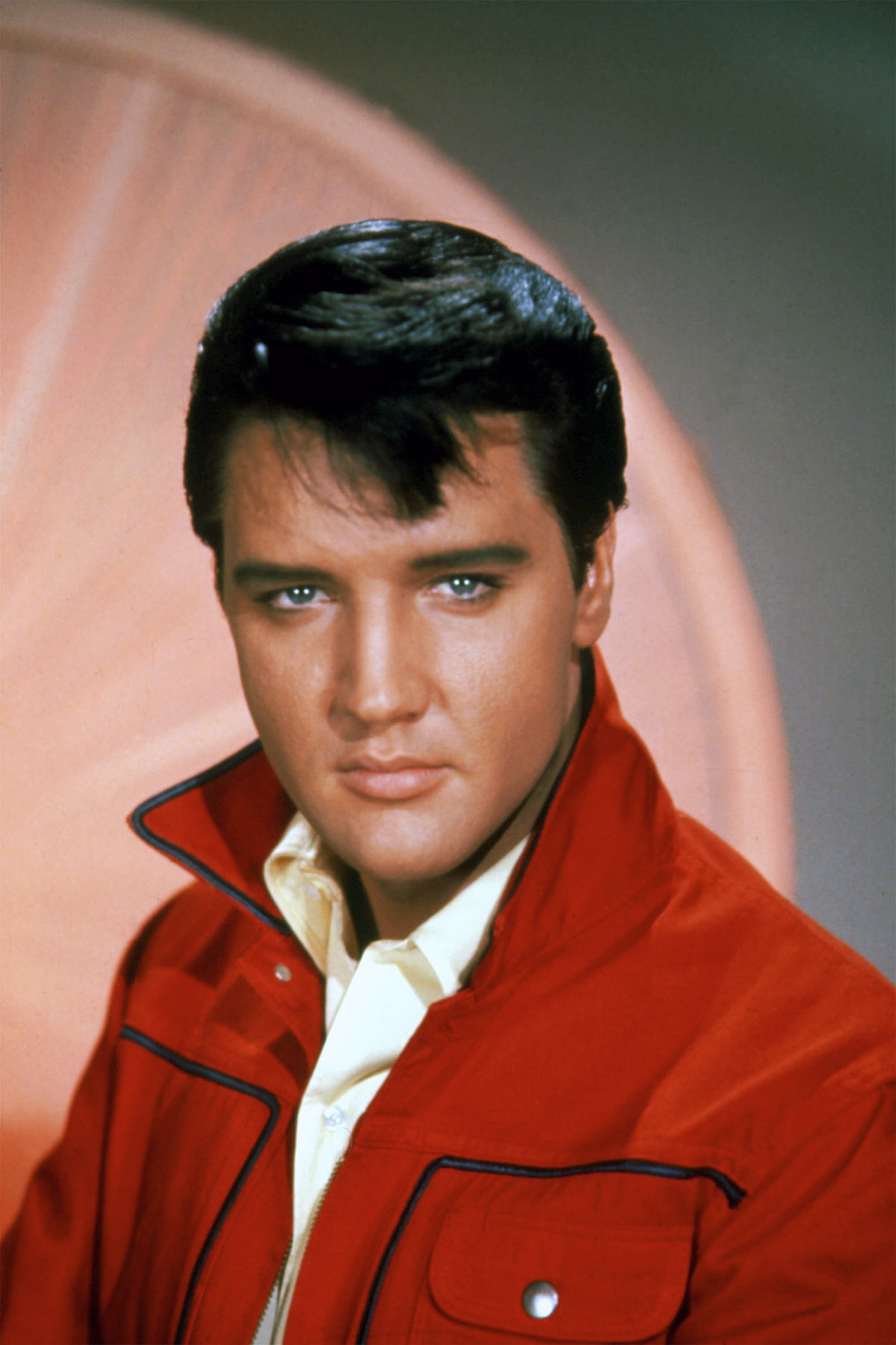The enigmatic Elvis Presley, often regarded as the “King of Rock and Roll,” has been a subject of fascination for decades. His music, style, and charismatic stage presence have captivated audiences worldwide, but one intriguing aspect of his life has sparked intense debate and speculation: the theory that Elvis faked his own death. This notion has led to a plethora of conspiracy theories, with some claiming that Elvis is still alive, living a life of secrecy and anonymity. In this exhaustive exploration, we will delve into the history of Elvis Presley, examine the circumstances surrounding his death, and scrutinize the evidence behind the “Elvis is alive” phenomenon.
To understand the context of this conspiracy theory, it’s essential to revisit the life and career of Elvis Presley. Born on January 8, 1935, in Tupelo, Mississippi, Elvis rose to fame in the 1950s with his unique blend of rockabilly, gospel, and rhythm and blues music. His debut single, “That’s All Right,” was released in 1954, and he quickly gained popularity with hits like “Heartbreak Hotel,” “Hound Dog,” and “Jailhouse Rock.” Elvis’s charismatic stage presence, distinctive voice, and iconic fashion sense cemented his status as a cultural icon.
As the years passed, Elvis’s life became increasingly tumultuous. He struggled with prescription drug addiction, weight gain, and the pressures of fame. On August 16, 1977, Elvis was found unresponsive in his bathroom at Graceland, his Memphis mansion. He was pronounced dead at Baptist Memorial Hospital at 3:30 pm, with the official cause of death listed as a heart attack. The news of Elvis’s passing sent shockwaves around the world, and his funeral was attended by thousands of mournful fans.
However, in the aftermath of Elvis’s death, rumors began to circulate that he had faked his own demise. Proponents of this theory point to various alleged inconsistencies and anomalies surrounding his death, including:
- Discrepancies in the autopsy report: Some claim that the autopsy report was incomplete or falsified, fueling speculation about the true cause of Elvis’s death.
- Suspicious behavior by Elvis’s family and staff: Elvis’s family and staff were known to be tight-lipped about his personal life, leading some to believe that they were involved in a cover-up.
- Elvis’s alleged sightings: numerous reported sightings of Elvis have surfaced over the years, with some claiming to have seen him in public or even met him in person.
One of the most enduring and intriguing aspects of the “Elvis is alive” theory is the idea that he was unhappy with his life and sought to escape the pressures of fame. According to this narrative, Elvis staged his own death to assume a new identity and live a life of anonymity. While this theory may seem far-fetched, it has been perpetuated by various books, documentaries, and online forums.
It's essential to approach the "Elvis is alive" theory with a critical and nuanced perspective. While the idea of Elvis faking his own death may be tantalizing, it's crucial to separate fact from fiction and consider the evidence objectively.
To better understand the “Elvis is alive” phenomenon, let’s examine some of the key evidence and arguments presented by proponents of the theory:
- The “Jimmy Ellis” theory: One popular claim is that Elvis assumed the identity of Jimmy Ellis, a singer who bore a striking resemblance to Elvis. However, this theory has been largely debunked, with most experts concluding that Ellis was simply a talented impersonator.
- The “airport sighting”: In 1977, a man resembling Elvis was reportedly seen at an airport, sparking speculation that he was attempting to flee the country. However, this sighting has never been verified, and most experts consider it to be a hoax.
- The “cryptic messages”: Some fans believe that Elvis left behind cryptic messages and clues in his music and public statements, hinting that he was planning to fake his own death. While these claims are intriguing, they are largely interpretive and lack concrete evidence.
In conclusion, the “Elvis is alive” theory is a complex and multifaceted phenomenon that has captivated the public imagination for decades. While the idea of Elvis faking his own death may be an intriguing one, it’s essential to approach this theory with a critical and nuanced perspective, considering both the evidence and the lack thereof. As we continue to explore the life and legacy of Elvis Presley, it’s clear that his music, style, and charismatic stage presence will endure, regardless of the truth behind the “Elvis is alive” theory.
What are some of the most popular conspiracy theories surrounding Elvis's death?
+Some popular conspiracy theories surrounding Elvis's death include the idea that he faked his own death, was murdered by his family or staff, or was involved in a government cover-up. However, none of these theories have been proven, and most experts consider them to be baseless speculation.
What is the significance of the "Jimmy Ellis" theory in the context of the "Elvis is alive" phenomenon?
+The "Jimmy Ellis" theory suggests that Elvis assumed the identity of Jimmy Ellis, a singer who bore a striking resemblance to Elvis. However, this theory has been largely debunked, with most experts concluding that Ellis was simply a talented impersonator.
How can we approach the "Elvis is alive" theory with a critical and nuanced perspective?
+To approach the "Elvis is alive" theory with a critical and nuanced perspective, it's essential to consider both the evidence and the lack thereof. We should examine the circumstances surrounding Elvis's death, evaluate the credibility of sources, and avoid making assumptions or jumping to conclusions. By taking a balanced and objective approach, we can better understand the complexities of the "Elvis is alive" phenomenon and separate fact from fiction.
As we conclude our exploration of the “Elvis is alive” theory, it’s essential to remember that the truth behind this phenomenon may never be fully known. However, by examining the evidence, considering alternative perspectives, and maintaining a critical and nuanced approach, we can gain a deeper understanding of the complex factors that have contributed to this enduring mystery. Ultimately, the legacy of Elvis Presley will continue to captivate audiences worldwide, inspiring new generations of fans and fueling the imagination of those who dare to dream that the “King of Rock and Roll” may still be alive.



